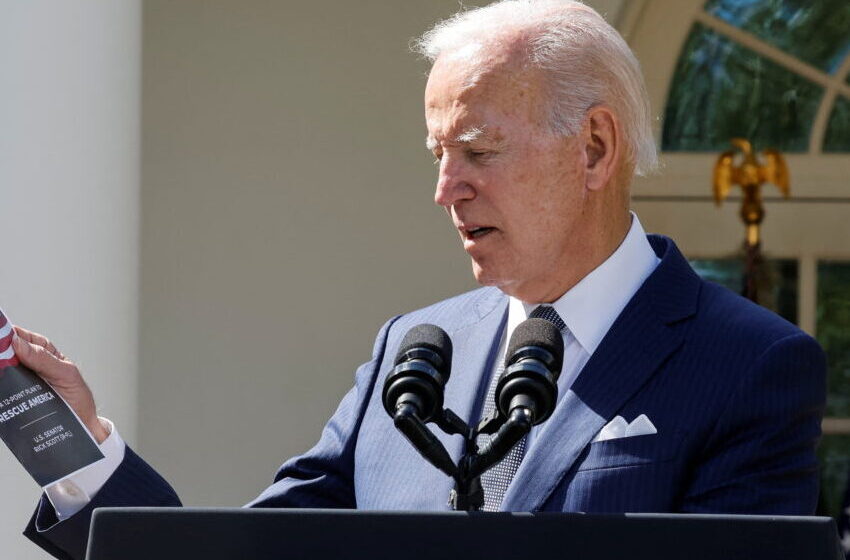
China and Biden’s Great Power Competition in the South Pacific: The Case of Papua New Guinea
The strategic importance of the South Pacific has placed the region at the center of a growing great power competition between China and the Biden administration. In recent years, China has ramped up its engagement and influence in countries across the region, including Papua New Guinea, sparking concerns among Western powers about its intentions and the implications for regional stability.
Papua New Guinea, a resource-rich nation with a strategic location in the South Pacific, has become a focal point in this rivalry. China’s Belt and Road Initiative has seen significant investment in infrastructure projects in the country, including ports, roads, and energy facilities. These investments have raised questions about China’s long-term intentions and the potential debt trap risks for Papua New Guinea.
The Biden administration, on the other hand, has been actively working to strengthen its engagement with the South Pacific, emphasizing the importance of democratic values, good governance, and sustainable development. The United States has increased its aid and diplomatic efforts in the region, aiming to counterbalance China’s growing influence and ensure the independence and sovereignty of countries like Papua New Guinea.
Keep Reading
The competition between China and the Biden administration in Papua New Guinea has implications for the broader geopolitical landscape in the South Pacific. As both powers seek to assert their influence, countries in the region face a delicate balancing act in navigating their relationships with these global actors. Papua New Guinea, in particular, must carefully manage its economic and political ties with China while considering the potential benefits of engaging with Western partners.
The Biden administration’s approach emphasizes a values-based framework, focusing on human rights, good governance, and sustainable development. This offers an alternative narrative to China’s investment-heavy approach, which some critics argue may come with strings attached. Papua New Guinea and other countries in the region find themselves caught in the crossfire of this great power competition, having to navigate a delicate path to safeguard their interests.
As the rivalry between China and the Biden administration intensifies, the South Pacific is emerging as a crucial arena for competition and cooperation. The future trajectory of Papua New Guinea’s relationship with both powers will have significant implications for regional dynamics and the broader geopolitical order. It remains to be seen how the delicate balance will be maintained and what impact this great power competition will have on the development and autonomy of Papua New Guinea.




